What stifles the success of Taiwan’s companies?
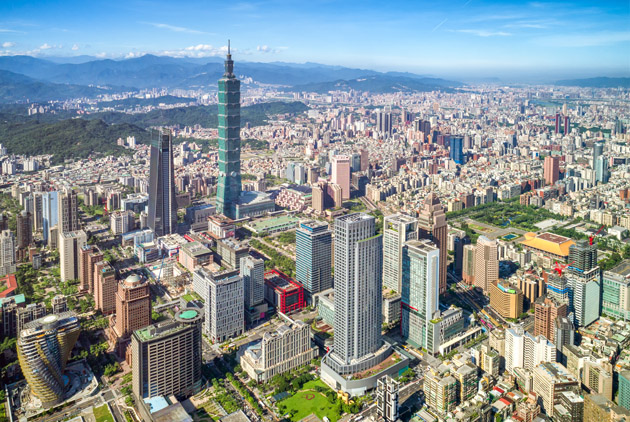
Source:Shutterstock
Taiwan has some great businesses and demonstrates continuous scientific and engineering innovation in the fields of technology, biotech and nanotech, yet Taiwanese companies struggle to build global brands and gain widespread recognition.
Views
What stifles the success of Taiwan’s companies?
By Norman Boweweb only
I challenge anyone outside of Taiwan or the Chinese diaspora to name a Taiwanese company or even Taiwanese person that has become a household name. Perhaps the most well known Taiwanese nationals that have made it big in the world of business include Jensen (Jen-Hsun) Huang of Nvidia, Jerry (Chih-Yuan) Yang of Yahoo!, or Eva (Yi-Hwa) Chen of Trend Micro.
But whilst they all became global companies and brands, none were incorporated in Taiwan.
Ang Lee is perhaps the most famous Taiwanese in the world of film but he has yet to make a Taiwanese film recognised internationally. With the exception of Michelle Krusiec, little known in Taiwan, no Taiwanese actors or actresses make their fame beyond Chinese-language screen and teleplays.
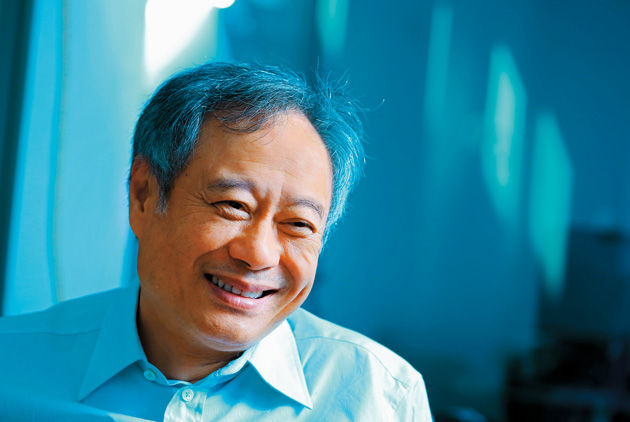
Ang Lee, the most famous Taiwanese in the world of film. (Source: Chien-Tong Wang)
In 2019 the Taiwan economy was worth US$605 Bn yet according to the Economist 10% of working age Taiwanese live and work in China because salaries and the standard of living is that much higher and offer more rewards. China is an ever growing existential threat that dominates the Taiwanese media and family mealtime discussions.
Some say that the economic interests of Taiwan are so aligned with those of China that the end result will be voluntary unification. And it is this never ending chip on the shoulder of all Taiwanese that is one of many reasons preventing Taiwan from achieving true independence in the world of business.
Taiwan seeks to compete with its neighbours in driving innovation, in particular Singapore and South Korea, yet it cannot yet create integrated air and sea transport hubs. Both Singapore and Busan in South Korea have well established Freeport zones to encourage the frictionless development of tax free innovation and economic activity. Taiwan has Free Trade Zones in Kaohsiung, Taichung, Keelung and Taoyuan airport, yet who ever hears of their successes and what international names get attracted to use them.
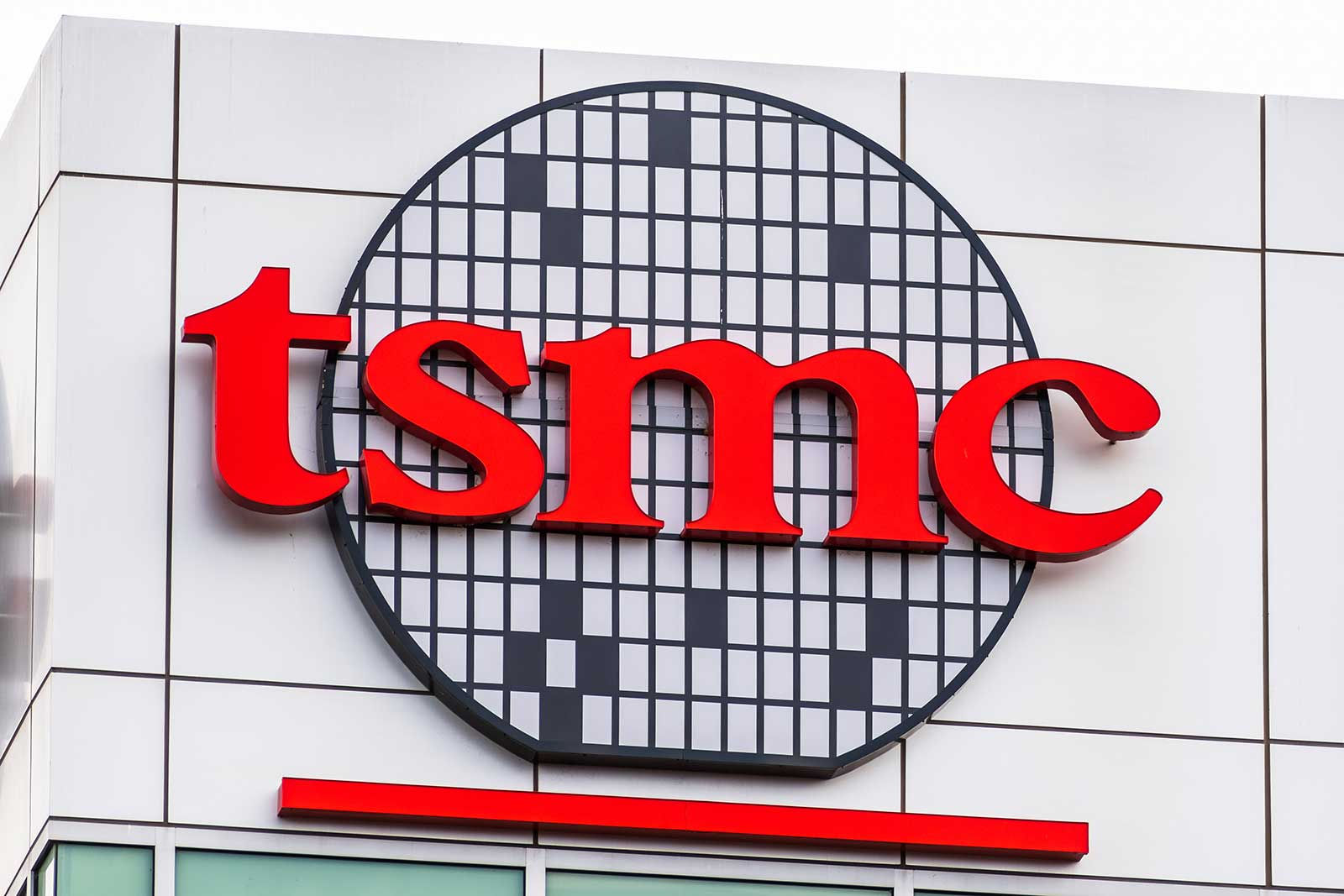
Kaohsiung recently completed a 250 Ha land reclamation project to expand the port facilities in partnership with a Dutch company, yet when Taiwan’s most famous company TSMC seeks to expand its facilities it gets involved with a petty land grab dispute with local villagers when it could also investigate land reclamation off the coast of Hsinchu Science and Industrial Park (HSP). Oftentimes the best of Taiwan’s business seem to proactively seek dispute and appear blind to opportunities staring at them in the face.
And it is this willingness of the best of Taiwan’s business community to engage in petulant and belligerent disputes that prevent them from achieving true global greatness.
Take for example the family bickering following the death of Taiwan’s then richest man Wang Yung-Ching the founder of Formosa Plastics or the ignominious and very public removal of Chang Kuo-Wei, the youngest son of the Evergreen founder Chang Yung-Fa, from the stewardship of EVA Air Corporation.
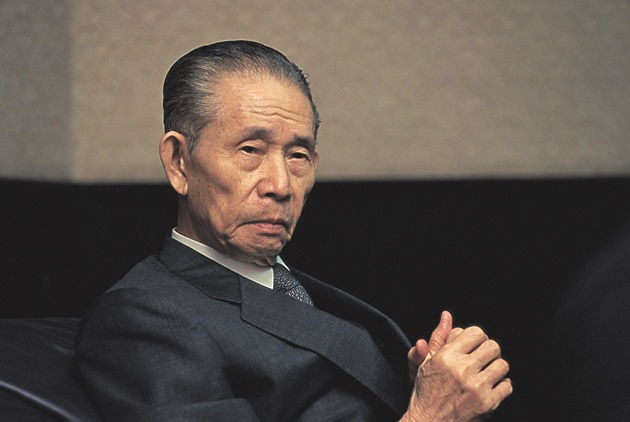
Wang Yung-Ching the founder of Formosa Plastics. (Source: CommonWealth Magazine)
Chang Kuo-Wei was on course to developing EVA as a truly global airline with a $8 Bn fleet investment in 2013, joining the STAR Alliance, boasting the highest safety record, innovative co-branding with Japan’s Sanrio “Hello Kitty” to gain widespread international recognition and enviable Skytrax 5-Star rating amongst Top 10 global airlines. Such internal behaviour over the will of Chang Yung-Fa spooks international investors who buy into such companies because of the credibility, achievements and reputation of the founders and expected family stability.
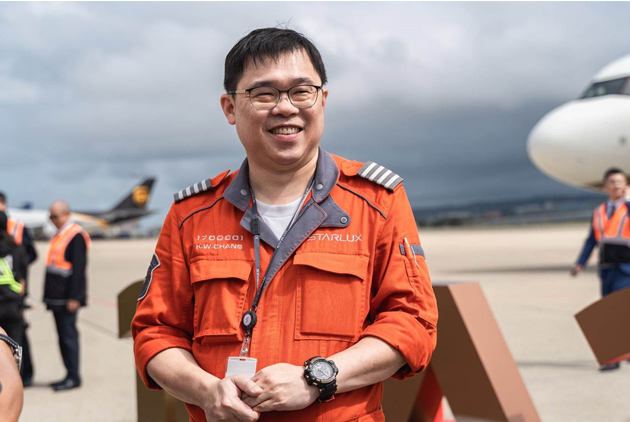 Chang Kuo-Wei, the founder of the STAR Alliance. (Source: STAR Alliance)
Chang Kuo-Wei, the founder of the STAR Alliance. (Source: STAR Alliance)
Another problem that Taiwanese companies face is to enter into price only rather than value led negotiations.
International brands are built on perceived value and emotional attachment. People don’t buy a Mercedes Benz because it is the cheapest car in the parking lot, they buy it because it makes them feel good and gives them a perceived social status.
Because Taiwan’s companies are predominantly nothing more than component suppliers, they fall into a commodity trap which stifles investment in branding and R&D.
Even companies such as Acer or Asus who have ventured beyond component manufacturing to laptops, tablets and servers, they both operate at the cheapest end of the market through a commodity led channel only reseller sales model and can not compete at the high end enterprise part of the market where margins are substantially richer.
There are a myriad of other reasons that stifle the success of Taiwan’s companies in global markets including a societal and parental educational focus on academic success rather than greater promotion of vocational skills.
Naturally, Covid-19 has now changed everything in global business. Despite Taiwan’s undeniable success in combating the plague, international travel on which Taiwan’s international business is dependent is yet to recover.
Taiwanese companies can follow the success of the South Korean strategy, which 20 years ago was equally dependent on OEM/ODM distribution.
In South Korea the companies capitalised on the knowledge gained from an inside out sales strategy to develop customer focused R&D and sell directly to customers and overtake their Japanese competitors in a short space of time in key sectors such as heavy industry (power, shipbuilding, construction), consumer goods and automotives.
If Taiwanese companies can throw off the yoke of dependence on OEM/ODM distribution and trading with mainland China they too can achieve market leadership in high margin non-commoditised emerging technology industries.

About the author:
Norman Bowe has 20 years of global experience in sales, marketing and strategies for tech companies including Dell, Google, Oracle, Salesforce and NetApp. He also has experience in developing channel partners, Global Systems Integrators (GSI), Managed Service Providers (MSP) and OEM/ODM.
Have you read?
♦ Taiwan needs to build a brand image beyond COVID-19
♦ When will Taiwan go Carbon Neutral?
♦ Taiwan Needs More than TSMC
Uploaded by Penny Chiang






